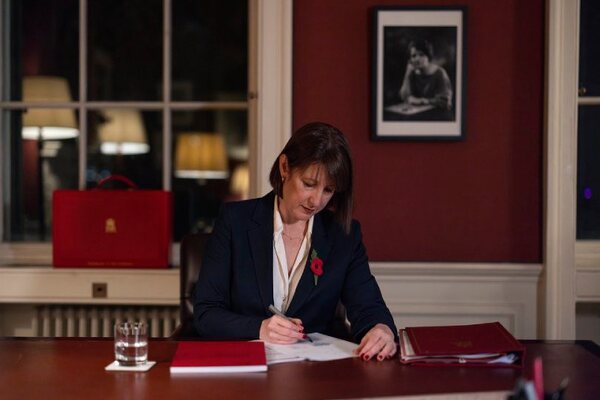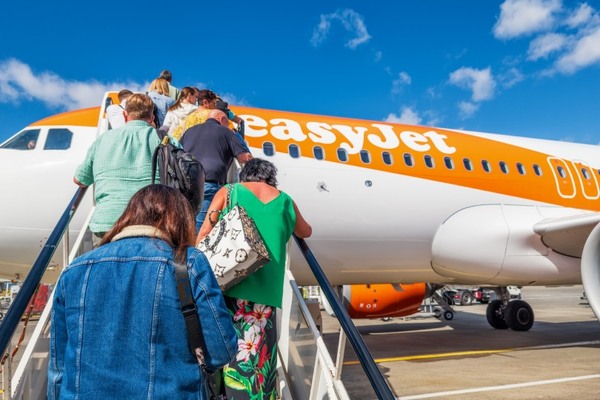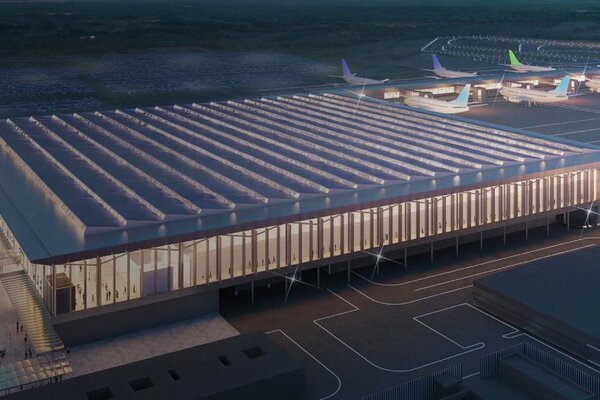'Travel won't be happy with the Budget, but it could have been much worse'
It was a Budget discussed for months, with dire warnings of some of the consequences, but at least – after all the leaks and speculation – we now know the direction of travel under the new government.
There were very few shocks; the increase in employers’ National Insurance contributions had been forecast, it was just the size of it that was unknown. An increase of 1.2% will mean a substantial increase in costs for the largest employers, and the effect on smaller travel businesses should not be under estimated either.
With the rate of National Minimum Wage for those aged 21 and over increasing from £11.44 an hour to £12.21, the additional cost of employing 10 full-time workers on NMW will be around £19,000 compared with the current rate.
For younger employees, the increase in minimum wage is even greater – a clear indication the government wants to move as quickly as it can towards a single minimum wage for all adults.
In addition, National Insurance payments from the employer will start at an income of only £5,000 instead of the current £9,100. Employers are already claiming this will reduce levels of employment and make them reluctant to offer increases in wages.
That could be bad news on both sides of the equation. However, for small businesses, the employment allowance – which allows small businesses to avoid paying NI – will increase from £5,000 to £10,500.
The changes may see some employers explore moving their staff from an employed position to self-employed to reduce costs, but in doing so, the staff would lose most of their employment rights and should be careful before agreeing to do so.
There was some good news, though – research and development tax relief, often used by travel businesses developing their own IT and online systems, will continue.
There was no increase in fuel duty, which would have affected not only those with cars, but the cost of virtually everything that needs to be transported such as food and clothing.
And while an increase in Air Passenger Duty had been widely expected, it was only £2 and only applies to short-haul routes, so should have little to no effect on demand.
’A steep climb to stand still’: travel reacts to ’punishing’ Budget
Elsewhere, the retail and hospitality business rate relief will continue, albeit at 40% rather than 75%, until a complete review is published.
There will also be a lot more money for improving the rail network. The transport secretary had been warned of cutbacks, but appears to have been successful in arguing against them.
Plus, it has been confirmed HS2 will eventually reach Euston station in central London, but it may be wishful thinking to expect the tunnelling necessary to be paid for by the private sector.

Many have complained about bus fares rising to a £3 maximum, but the cap introduced a couple of years ago was due to end completely in December and fares could have risen to a much higher level without the new cap being introduced.
Will the travel industry be happy? Of course not. Any increases in the cost of employment will have a negative effect, but many will be grateful that it wasn’t even worse.
Alan Bowen is legal advisor to the Association of Atol Companies, and was formerly head of legal services at Abta.
Sign up for weekday travel news and analysis straight to your inbox

Alan Bowen
Supplier Directory
Find contacts for 260+ travel suppliers. Type name, company or destination.












